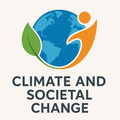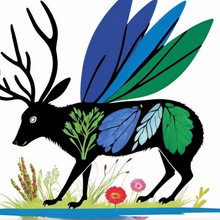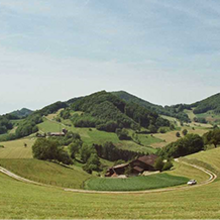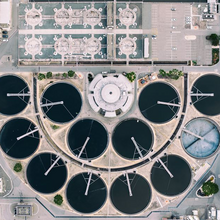Department Environmental Social Sciences
ESS conducts social scientific research to advance knowledge related to broad themes of urban water management, biodiversity, climate change, public health or the management of aquatic ecosystems. It hosts a broad range of social scientific expertise in innovation and transition studies, decision analysis, environmental economics, environmental health psychology, inter- and transdisciplinary research, and policy and governance studies. By combining fundamental research in these fields with inter- and transdisciplinary research, ESS provides a unique resource to Eawag and the ETH domain. ESS researchers collaborate closely with the engineering and natural science departments at Eawag and with leading universities and research institutes in Switzerland and abroad.
Our research is divided into six research groups:
Sustainability Transitions and Innovation Studies (Cirus)
We analyse sustainability transitions and green innovation dynamics in the water, sanitation and related sectors.
Environmental Economics (EnvEco)
We study economic aspects of environmental problems and potential solutions by applying economic theory and methods.
Policy Analysis and Environmental Governance (PEGO)
We address questions of public policy and governance in the water sector and beyond, focusing on current complex environmental and societal challenges.

Climate and Societal Change (CASC)
We investigate the psychological processes that shape human behavior in the context of climate change
Decision Analysis (DA)
We analyze complex environmental decisions, focusing on multi-criteria decision processes (MCDA) and behavioral operational research.
Environmental Health Psychology (EHP)
We investigate the social acceptance of sustainable technologies and policies as well as behavioural change in the water sector.

Inter- and Transdisciplinary Research (ITD)
We lead and study integration processes in inter- and transdisciplinary research projects and programs focusing on societal challenges.






















